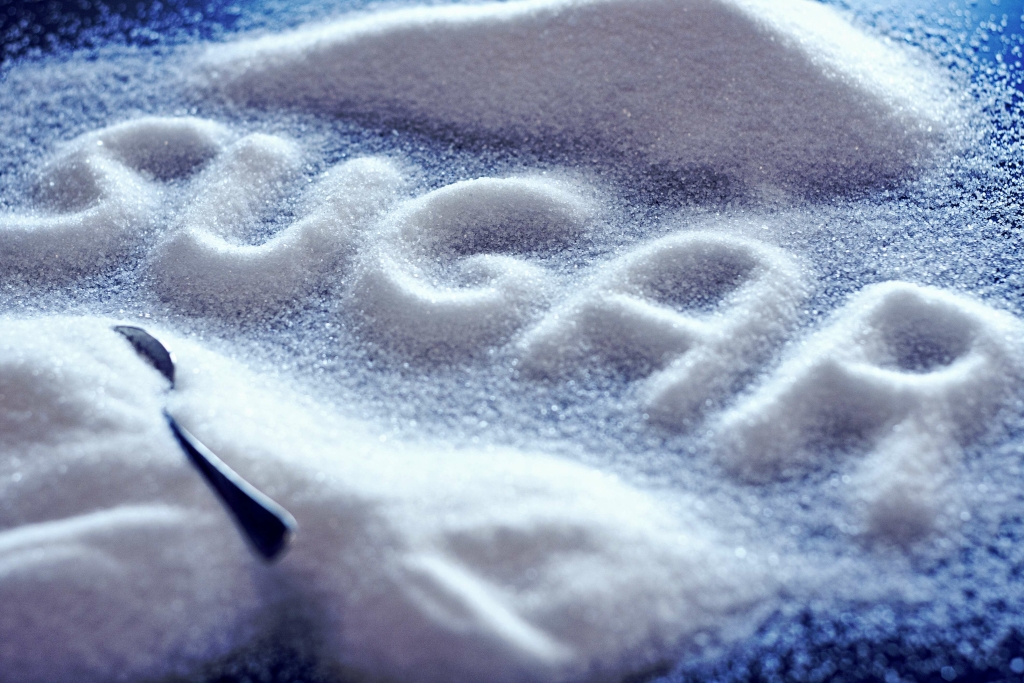It’s also important to tell a friend, neighbour or loved one that you’re detoxing at home so that they can check in on you. To help yourself remain comfortable during a home detox 12, it’s important to practice self-care rituals and ensure your body has everything it needs. Experts have concluded that this is why physiological dependence on alcohol our bodies can be dependent on a substance without being addicted to it.
The social impact of alcohol
- The risk factors for developing alcohol dependence include a combination of genetic, psychological, social, and behavioral elements.
- Consuming alcohol, even in small amounts, starts affecting the body almost immediately.
- CBT focuses on identifying and modifying negative thought patterns and developing healthier coping strategies.
- This can lead to the continuation of substance abuse and subsequent physical dependence.
- ” In truth, alcohol can create both physical dependence and psychological dependence, making recovery a multifaceted journey.
Within this system, stress induces the release of the hormone corticotrophin-releasing factor (CRF) from a brain area called the hypothalamus. CRF acts on the pituitary gland located directly below the hypothalamus, where it initiates the production of a molecule called proopiomelanocortin (POMC). This compound is processed further into smaller molecules, such as β-endorphin and adrenocorticotropic hormone (ACTH). ACTH is carried via the blood stream to the adrenal glands (which are located atop the kidneys), where it induces the release of stress hormones (i.e., glucocorticoids) that then act on target cells and tissues throughout the body (including the brain). The main glucocorticoid in humans and other primates is cortisol; the main glucocorticoid in rodents is corticosterone. You may need a medically supervised alcohol detox if you are physically dependent on alcohol.
The Link Between Depression and Substance Abuse
The damage may be physical (e.g. hepatitis) or mental (e.g. https://dopilatesmocejon.com/psilocybin-could-be-a-therapeutic-breakthrough-for/ depressive episodes secondary to heavy alcohol intake). Harmful use commonly, but not invariably, has adverse social consequences; social consequences in themselves, however, are not sufficient to justify a diagnosis of harmful use. At CATCH Recovery, we offer a range of therapies designed to support you at every stage of your recovery journey, whether you have an alcohol or substance use disorder. For those in early recovery, CATCH provides tailored therapeutic interventions that address the underlying causes of addiction, equip patients with coping mechanisms, and create a strong support network. Alcohol dependence can profoundly impact someone’s life in various ways, affecting their physical health, relationships, and overall stability. This condition is not just about the immediate effects of drinking but also encompasses a range of long-term consequences that permeate multiple facets of an individual’s life.
Dependence: The Cycle of Craving and Withdrawal
This effect apparently was specific to alcohol because repeated chronic alcohol exposure and withdrawal experience did not produce alterations in the animals’ consumption of a sugar solution (Becker and Lopez 2004). More direct evidence supporting increased alcohol consumption as a consequence of repeated withdrawal experience comes from animal studies linking dependence models with self-administration procedures. Substance abuse For example, rats exposed to chronic alcohol treatment interspersed with repeated withdrawal episodes consumed significantly more alcohol than control animals under free-choice, unlimited access conditions (Rimondini et al. 2002, 2003; Sommer et al. 2008).
- Before beginning detox and tackling physical dependence, healthcare providers will design a fully bespoke tapering schedule to ensure the process is comfortable.
- Various substances can lead to physiological dependence, including prescription medications, illicit drugs, and alcohol.
- It readily crosses the blood–brain barrier to enter the brain where it causes subjective or psychoactive and behavioural effects, and, following high levels of chronic alcohol intake, it can cause cognitive impairment and brain damage.
- While they may not be addicted, rebound symptoms will likely occur upon cessation.



